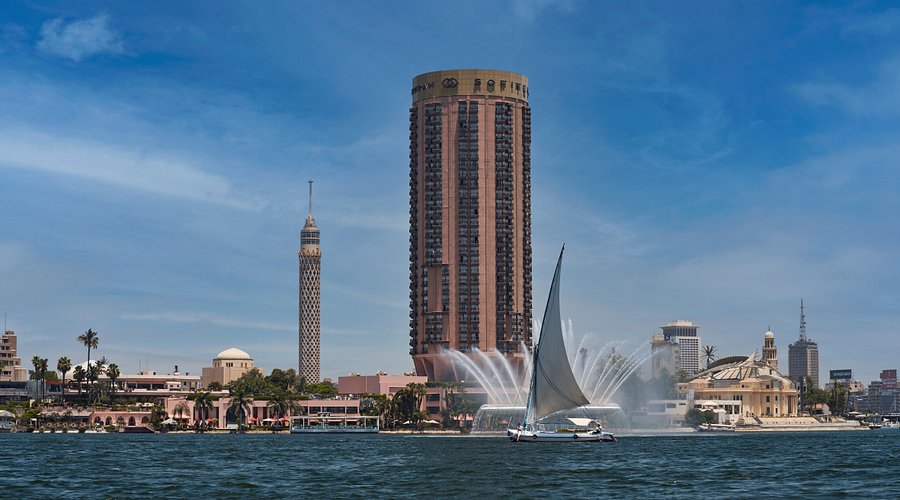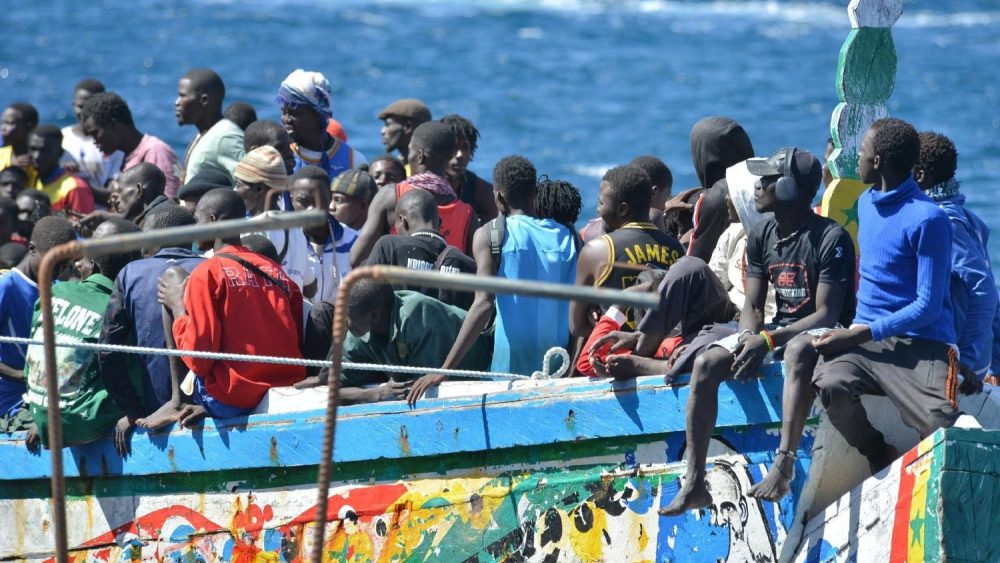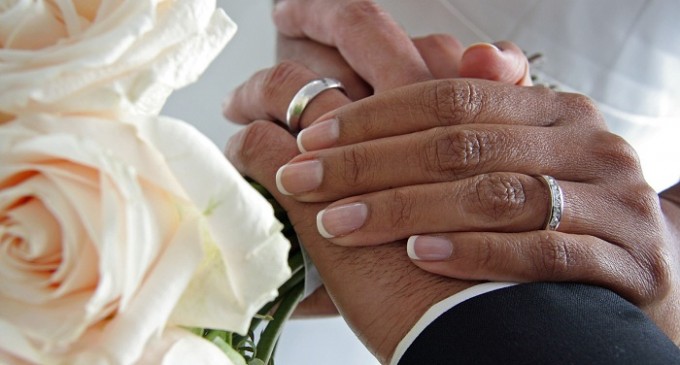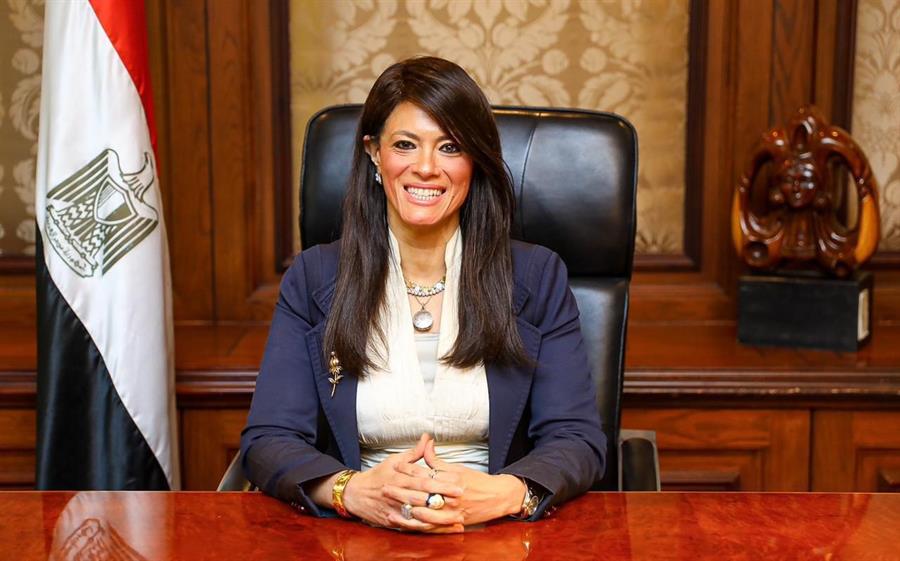| April 2025
As the global hospitality industry grapples with shifting trends, economic uncertainty, and post-pandemic re-calibration, Egypt has just made a thunderous statement from the heart of its capital. The recent grand opening of the Sofitel Cairo Downtown Nile — now officially the largest Sofitel hotel in the world — is far more than a glittering addition to the Cairo skyline. It is a bold declaration of Egypt’s ambition to position itself as Africa’s premier tourism and business gateway. And for African policymakers, business leaders, and investors, this moment offers powerful lessons — and a wake-up call.
A Towering Symbol of Intent
Opened in January 2025, the new Sofitel Cairo is more than a 24-story marvel of French-Egyptian design. It is a strategic asset in Egypt’s growing tourism portfolio, signaling the government’s serious intent to compete globally. With 615 rooms, 52 luxury suites, panoramic Nile views, and five distinct dining venues, the hotel is tailored not just for luxury vacationers but for high-net-worth business travelers, regional elites, and global conference organizers.
Its location — just minutes from Cairo’s iconic Tahrir Square — places it at the cultural and commercial heart of the city, tapping directly into the tourist flow headed to the Grand Egyptian Museum, set to open in July 2025. The museum itself is a mammoth cultural investment: a 490,000-square-metre mega-project housing over 100,000 ancient artefacts, many on public display for the first time. Together, these developments are turning Cairo into a magnet for global curiosity and capital.
The Economic Case: Tourism as a GDP Anchor
In 2024, Egypt’s tourism sector welcomed nearly 16 million international visitors, generating a record $15.3 billion in revenue — a figure that now represents 8% of the country’s GDP. This isn’t just a post-pandemic rebound. It’s a carefully architected economic strategy.
Unlike many African economies still struggling to attract sustained foreign inflows, Egypt is leveraging its historical assets, upgrading its infrastructure, and actively incentivizing foreign investment in hospitality. French hotel group Accor — the parent company of Sofitel — clearly sees Egypt as fertile ground. The Cairo project is a high-stakes investment in Egypt’s long-term tourism playbook, and a bet on rising demand from both East and West.
Let’s put this into African context. Countries like Kenya, Ghana, Senegal, and South Africa possess immense tourism potential — from beaches to safaris to heritage. But without the kind of aggressive, state-backed infrastructure push seen in Egypt, their offerings risk being undercut by global competition. Egypt is setting the bar. Others must catch up — fast.
Cairo as a Business Hub: The New African MICE Magnet?
With its ballroom, event spaces, and proximity to embassies and government institutions, the Sofitel Nile is also targeting the MICE market — meetings, incentives, conferences, and exhibitions. This segment, often overlooked by African tourism strategies, is hugely lucrative. In Asia and the Gulf, business tourism accounts for as much as 30% of hotel revenue in major cities.
Cairo now stands a real chance to become a MICE capital for North and Sub-Saharan Africa. If successful, this would pull more corporate events, government summits, and investor forums to Egypt — and away from traditional strongholds like Johannesburg or Nairobi.
The message? Hospitality isn’t just about rooms and views. It’s about ecosystems: airports, visas, security, broadband, cuisine, and culture. Egypt is building that ecosystem — and branding it globally.
Looking Ahead: Egypt’s 30 Million Tourist Vision
The Egyptian government has a clear and public goal: attract 30 million tourists annually by 2032. That’s nearly double current figures and would place Egypt in the top tier of global tourism destinations.
To reach that goal, the government is pursuing a multi-pronged approach:
- Infrastructure investments in airports, roads, and ports.
- Digital transformation of visa systems and travel bookings.
- Strategic marketing in Asia, Europe, and the Americas.
- Investor incentives for new hotel builds and tourism ventures.
It’s a model many African countries should urgently study. While others are caught up in currency crises, debt burdens, or political instability, Egypt is selling the one thing the world still craves: a timeless experience in a modern setting.
What It Means for African Hospitality Investors
Egypt’s tourism model is not without risks — from geopolitical shocks to climate vulnerabilities. But its success is proving that even in turbulent global times, tourism remains a high-growth, high-impact sector when done right.
For African investors and governments, the Sofitel Cairo is not just a luxurious building. It’s a template for unlocking local value through tourism:
- Create flagship properties that draw global media and clientele.
- Anchor projects in heritage and identity, not just amenities.
- Integrate tourism with broader economic development, from job creation to infrastructure.
Exchange Rate Context (as of April 4, 2025)
To fully understand Egypt’s investment climate, consider the current exchange rate:
- Egyptian Pound (EGP): €0.0196
Meaning: €1 equals approximately 51 EGP — making Egypt relatively affordable for European travelers and highly attractive for euro-denominated investors.
Compare that to other African currencies:
- Kenyan Shilling (KES): €0.0067
- Ghanaian Cedi (GHS): €0.066
- Nigerian Naira (NGN): €0.00061
- South African Rand (ZAR): €0.048
This exchange landscape allows Egypt to offer luxury at scale, a powerful proposition in an inflationary global market.
Final Word: Time to Compete, Not Just Admire
Cairo’s Sofitel might be the largest in the world, but it also serves a larger lesson for Africa: Tourism isn’t a passive sector — it’s a competitive business. Egypt is playing to win. Others must now decide whether they’re spectators or contenders.
Because while Cairo builds upward, the rest of Africa must not look downward. The continent has the beauty, the culture, and the stories. Now it must build the infrastructure, the vision, and the ambition.




